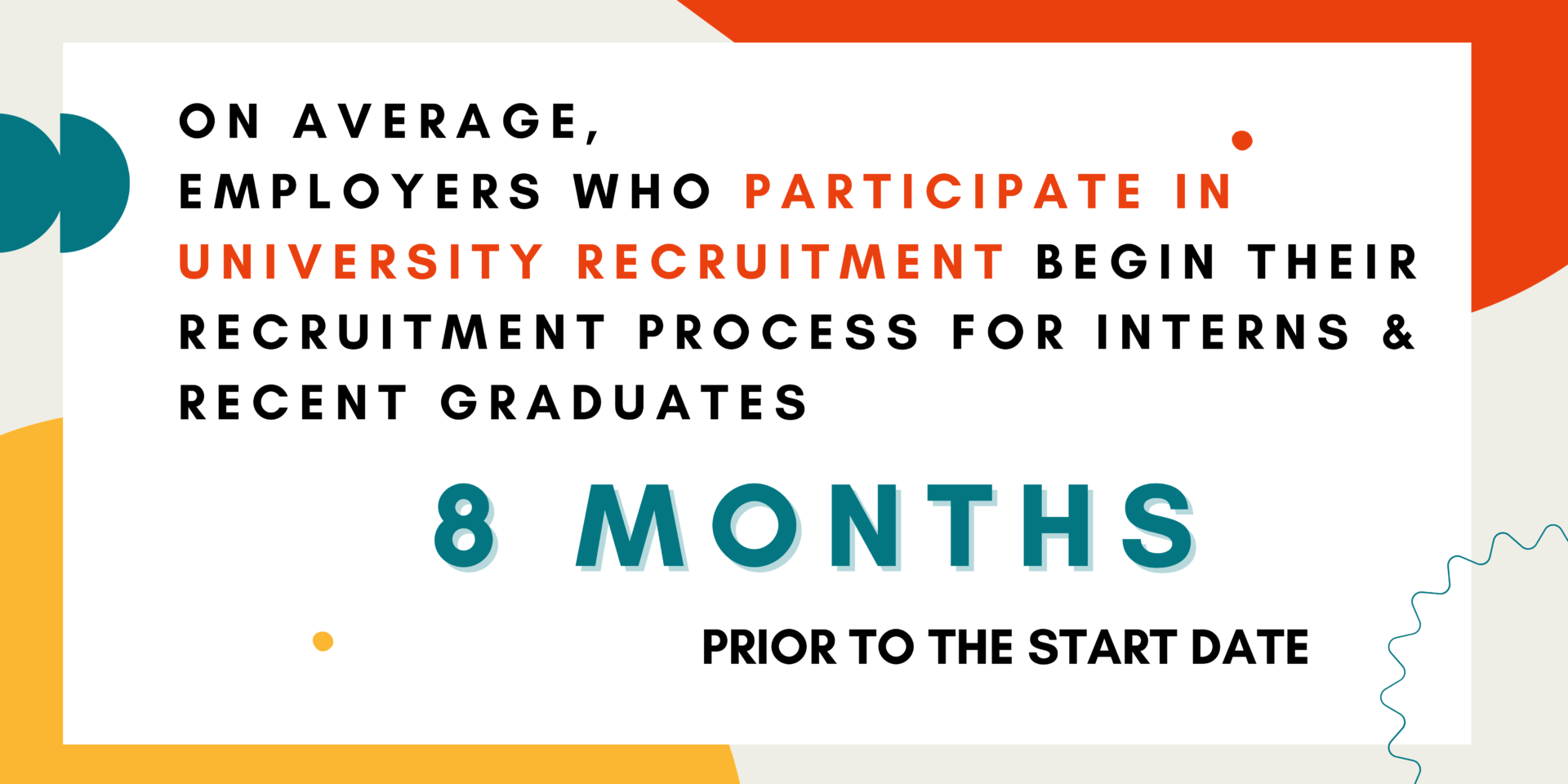Job & Internship Search
Know Yourself First
You often think of your job search as looking for an opportunity, But you cannot create an effective job search strategy unless you know yourself first. Your internship or job search begins with understanding what your interests, strengths and options are.
- What are your values, strengths, and interests?
- What skills are employers looking for?
- What are your short term career goals?
- How would a particular position fit into your long-term career goals?
Explore possible career paths by researching professions and conducting informational interviews. Contact professionals using Viterbi Link and LinkedIn.

Create a Job Search Plan
Research market trends to identify which jobs are in high demand
- Function and sector areas you fit.
- Focus on more than titles or specific firms.
- Employers you may want to work for.
- How to close the skills gap for the role you would like to have in one year, three years, or five years.
- Hiring cycle for a particular industry, company, or type of position. Application Tracking Form
Develop a system for organizing your goals.
- Specific, Measurable, Attainable, Relevant, and Time-based
- Job-Specific Application Documents
- Job Application Deadlines
- Correspondence
- Interview Dates
- Follow-Up Dates/Deadlines
Stick to your strategy and complete daily/weekly goals.

Best Practices For Your Job Search
Explore Research
Viterbi students, from undergraduates to PhD students have access to research opportunities. Benefits include practical application of classroom knowledge, work-experience and resume building, enhanced problem-solving and analytical abilities, rapport with faculty, and much more!
Doctoral students: Explore Post Doctoral funding opportunities.
Undergraduate students participate in research through formal programs, student organizations, national competitions, volunteering in a lab, the Undergraduate Fabrication Lab, and their coursework (Directed Research 490 & capstone courses).

Tailoring Your Applications
- Creating a strong cover letter and resume are important first steps in the job application process, but that is not the end of the job application.
- Many students create a strong resume and use the resume to apply to all of their internship or job applications, but this method of applying may not be the most effective. Instead, you should tailor your resume to each application you submit.
- When you apply online, you're most likely sending your resume through an Applicant Tracking System (ATS). This computer software filters through thousands of applications using keyword matching and other tools. ATS's allow companies to find the best fitting candidate more efficiently.

How to Tailor
- The answers are in the job description! Look at the keywords mentioned frequently in the position description, as well as the "requirements" and "preferred qualifications" sections.
- Make sure to include both "hard skills" (ex: Technical skills, Python, Java, MetLab) and "soft skills" (ex: Teamwork, leadership, communication) listed in the position.
- The more a skill or keyword is mentioned, the more important it is to include it on your application if it applies to you.
- Try to match the position description as much as possible. Some skills won't apply, or you may not have them yet. That's ok! Always be honest in your applications.
You can schedule an appointment to meet with a career advisor to discuss tailoring your applications.
Other Job Search Resources


